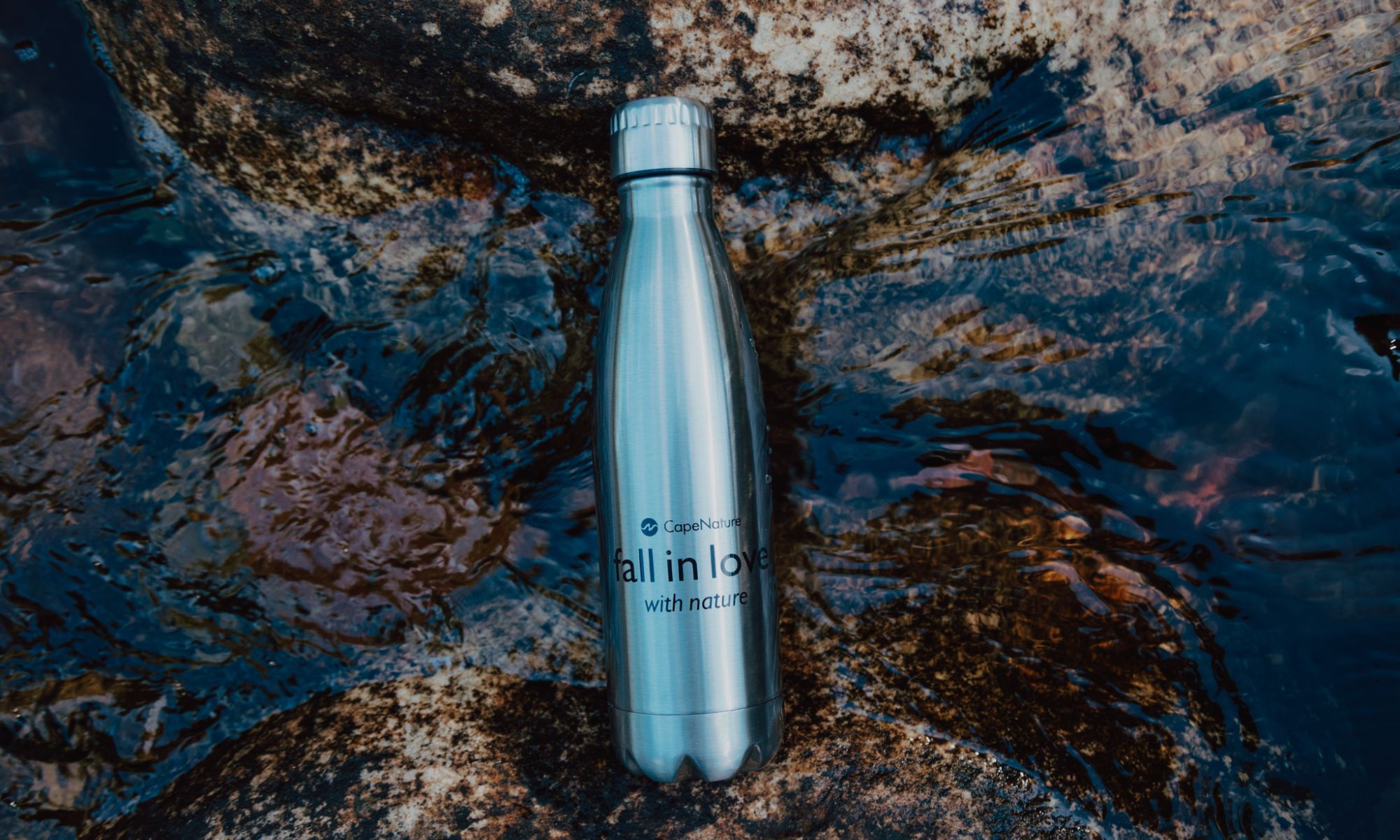
How biodiversity crime threatens the Western Cape’s people, economy, and ecosystems
Biodiversity crime may sound like something intangible compared to other crimes encountered on a daily basis in our lives, but it is a very real and growing threat to our planet’s delicate ecosystems. It includes any illegal activity that harms plants, animals, or the ecosystems they depend on from high-profile crimes like rhino poaching to illegal plant trade in the Western Cape. It can even be something as simple as picking wildflowers in a nature reserve without permission or a permit.
These crimes often target rare and endangered species, which are illegally traded for their perceived medicinal, ornamental or commercial value, and purely for personal gain. But it doesn’t stop there, our ecological infrastructure (goods and services derived from nature) can also be harmed by unlawful activities such as polluting water sources, the clearing of indigenous plants, habitat destruction or using pesticides irresponsibly.
The Western Cape is home to the Cape Floristic Region, a biodiversity hotspot and UNESCO World Heritage Site, and according to the 2025 State of Conservation report, 191 out of 350 ecosystems in the province are listed as Threatened, with 16% of species also listed as Threatened. According to the recently adopted Western Cape Protected Areas Expansion Strategy, approximately only 18% of the Western Cape is currently protected under the National Environmental Management: Protected Areas Act. This presents a massive challenge in ensuring biodiversity protection and resilience, and biodiversity crime is one of the biggest challenges the province faces.
Several industries are affected by biodiversity crime, one is the Blue Economy, which is generally described as the exploitation and regeneration and preservation of the marine environment, and is geared towards sustainable development and renewable resource utilisation.
The United Nations Environment Programme (UNEP) estimates the annual economic value of the Blue Economy to be $2.5 trillion and is equivalent to the seventh largest economy in the world. Yet it is severely impacted through the loss of species due to overharvesting, pollution (e.g. oil, microplastics), illegal harvesting, habitat destruction and the disruption of ecosystems, which in turn affects sustainability.
Several communities in the Western Cape depend solely on the sea for their livelihoods, often with limited resources, using traditional knowledge and sustainable practices to maintain harmony with nature. The direct impacts of biodiversity crime to fish stocks means reduced catch sizes, reduced success of catches, longer time spent at sea and could be the difference between going to bed with a full stomach or descending further into poverty.
Biodiversity crime can also fuel other criminal syndicates, for example, abalone poaching is linked to the drug trade and organised crime, with perpetrators often taking advantage of socio-economic issues to recruit young people with the promise of “easy money”. Although the masterminds and middlemen usually pull the strings from afar, leaving the ‘pawns’ to face the consequences, they are not immune from prosecution.
The impacts of biodiversity crime are also felt in the tourism industry due to the destruction of unique habitats and species leading to reduced appeal for tourists to visit an area. This in turn negatively affects a wide variety of activities and jobs dependent on tourism.
Illegal activities are penalised by provincial and national law. In the Western Cape, persons convicted of illegal activities can be sentenced up to ten years’ imprisonment and to a further fine of up to three times the commercial value of the commodity involved. Cases involving endangered species will be treated with higher severity. In 2018, a reptile smuggler was sentenced to 11 years’ imprisonment or R1-million for illegally collecting 48 Armadillo girdled lizards. In 2019, two persons were sentenced to six years imprisonment, suspended for five years, and a fine of R2.5-million each for trafficking succulent plants.
So, what can you do to combat biodiversity crime or prevent it from happening? One way is to keep yourself well informed of the rules and regulations of provincial nature reserves, national parks, and other protected areas and ensure that you comply with them. The public are discouraged from taking part in biodiversity crime by purchasing illegal items, which only increases the demand for these products. You can report any illegal or suspicious activity to law enforcement or conservation officials for them to be aware and to take appropriate action.
CapeNature aims to prevent the illegal trade of animals and plants in the Western Cape and to inform and educate the public on related issues. CapeNature works closely with the South African Police Service (SAPS) and other law enforcement agencies to report and investigate matters of biodiversity crime in the province.
The Entity is committed to combating biodiversity crime, by ensuring that there are boots on the ground, backed by sound policy and science, as well as a strict adherence to the rule of law to ensure the continued existence and resilience of our precious biodiversity for current and future generations.
The public can contact CapeNature on 087 087 9262 or the CRIME STOP TIP-OFF-LINE on 086 00 10111 to report illegal activities.





